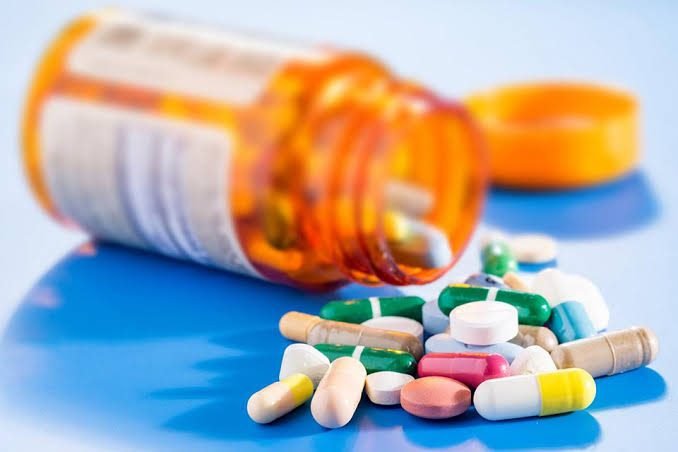Silent Killer: Unaffordable Medication

As Nigeria struggles with the challenges of economic instability, one of the most devastating consequences of inflation is the depopulation of its citizens through the unaffordability of pharmaceutical products. The rising cost of medication has become a silent killer, slowly but surely draining the life out of our people. According to recent reports, the prices of essential medicines have increased by over 100% in the past year alone. This means that life-saving medications are now out of reach for millions of Nigerians who could barely afford to put food on their tables these days.
The impact is felt across the board, but it is the most vulnerable members of our society who are bearing the brunt. Children, pregnant women, and the elderly are disproportionately affected, as they require medication to manage chronic conditions or treat life-threatening illnesses.
The consequences are dreadful. Without access to affordable medication, people are being forced to resort to substandard or counterfeit medicines, which can be deadly. Others are opting for traditional remedies, which may not be effective or may even be harmful. While many are becoming victims to the so called spiritualists who manipulate people to substitute medical treatment for prayers. The result is a rise in mortality rates, particularly among children and women.
But it is not just the human cost that is alarming; the economic implications are also harsh. When people are forced to spend their entire income on medication, they have nothing or little left for other essential expenses, such as food, shelter, and education. This perpetuates a cycle of poverty, which can have far-reaching consequences for our economy and our society, and in a very high degree, serves as a catalyst for crimes, for hunger makes sinners out of saints.
So, what can be done to address this crisis? Firstly, the government must take immediate action to control inflation and stabilize the economy. This includes implementing policies to reduce the cost of production, increasing access to credit for small businesses, and investing in infrastructure to improve the business environment. Secondly, the government must prioritize the healthcare sector, investing in programs that make medication more affordable and accessible. This includes subsidies for essential medicines, public-private partnerships to improve healthcare infrastructure, and initiatives to promote local pharmaceutical and traditional medicine productions.
Finally, we must demand transparency and accountability in the management of our healthcare system and our economy. We must also support organizations and initiatives that are working to make medication more affordable and accessible, especially in the areas of our local herbs medication.
The depopulation of Nigeria through unaffordable medication is a crisis that requires immediate attention. We must act now to ensure that our people have access to the medication they need to survive.
#SAVETHESICK
– Ambassador Ezewele Cyril Abionanojie is the author of the book ‘The Enemy Called Corruption’ an award winner of Best Columnist of the year 2020, Giant in Security Support, Statesmanship Integrity & Productivity Award Among others. He is the President of Peace Ambassador Global.










